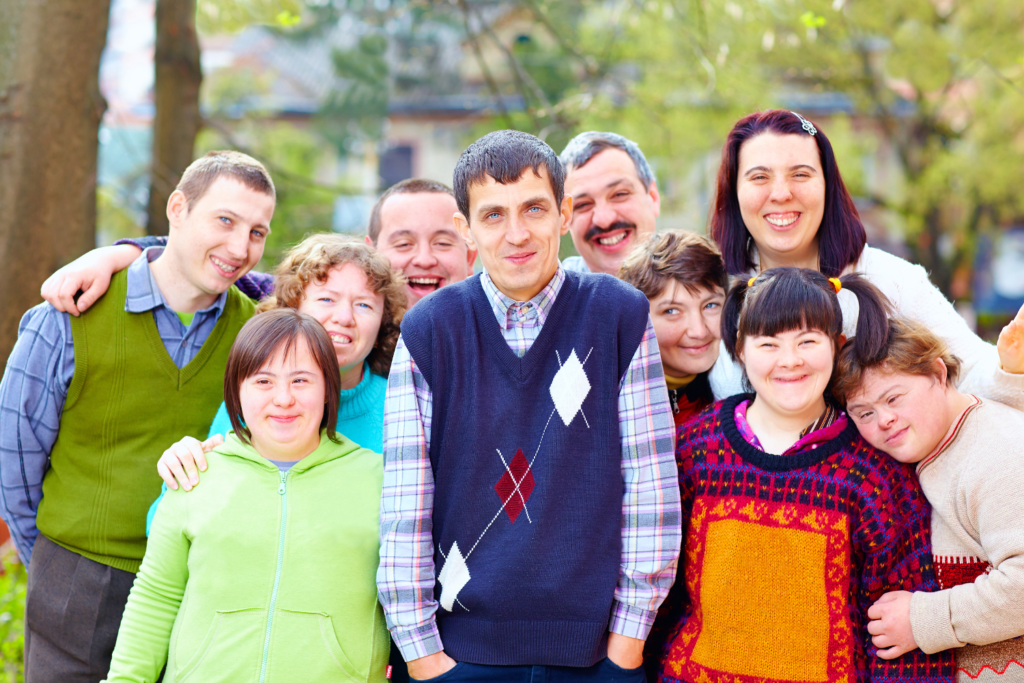
TRAining in Sexual Education for People with Disabilities
People with Disabilities have the same human rights as every other person in all areas of life. They are listed in the UN Convention on the Rights of People with disabilities (UNCRPD), ratified by the European Union and all member states, except Ireland. These rights pertain to sexuality as well. Article 23 of the UNCRPD is dedicated to “Respect for home and the family”, and includes the right to founding a family, deciding on the number and spacing of children, retaining fertility, having access to healthcare systems, to reproductive health and to information and education about sexuality. People with disabilities also have the right to access education – education is one of the condition for self-determination and empowerment. In order to create the conditions of access to accessible sex education, it is necessary not only to educate people with disabilities themselves, but furthermore their parents as well as professionals, caregivers, adult educators and teachers.
This is where the new European project TRASE – Training in Sexual Education for People with Disabilities – begins. TRASE is an educational project in the field of sexual education, which is supported and financed by Erasmus+ and which benefits from the expertise of institutions from seven different European countries:Belgium, Luxemburg, UK, Germany, Austria, Portugal and Lithuania.
The main aim of TRASE is to develop a training course for parents and professionals, to enable them providing sexual education for people with disabilities, considering cultural, national and institutional conditions as well as the specific needs of their clients. Furthermore the TRASE training course is supposed to be supplemented by special tools and methods, which will be conceived and developed by all TRASE-partners. To allow the consideration of the specific needs of people with several disabilities in this working field – e.g. learning difficulties, communicational problems or autism – all TRASE-partners are working in close-cooperation with the beneficiaries themselves as well as with specialized institutions and experts in their regions.
The TRASE-project is exemplary due to its interdisciplinary and trans-European cooperation and thus ground-breaking in the field of sexual education for people with disabilities.
